
ABOUT ECITIZEN
05-03-2024 by Freddie del Curatolo
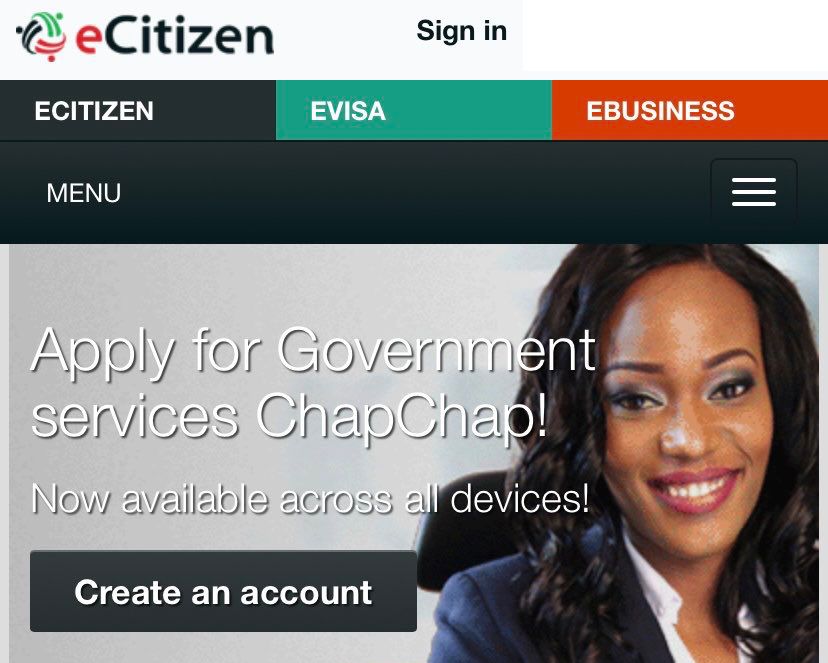
The transformation of the main government services (immigration, taxes and bills, transport, parks, etc.) and private services (Mpesa, banking app) in Kenya in a few years has overturned the way of dealing with bureaucracy but, through no fault of its own, in order to conform to the international standards that a developing country must adopt in order to progress, it has not yet succeeded in solving two of the country's ancestral problems: slow results and corruption.
Kenya, it is worth remembering, thanks to Safaricom and its enterprising managers, has been at the forefront of digital technology aimed at making the day-to-day life of citizens easier and more efficient (not without making a profit, as is only to be expected). The Mpesa transfer and payment system has not only proved to be a method of facilitating the circulation of money in the main stratum of the country's socio-economic stratum, those so low and precarious that they cannot afford a bank account, but also a lever for many other socio-economic benefits derived from the digital platform itself and for businesses, companies and individuals who have been able to have greater control over their finances.
It is a revolutionary system that appeals to the detractors of the banks' 'monopoly', as in Kenya one can easily do without a credit card and consider banking solely as it used to be in Europe: safe deposit box and interest to accrue.
Of course, Mpesa has also made possible payments that, being easy and direct, risk impoverishing the already poor Kenyans, such as the sports betting industry and pay-per-view streaming, but it has also activated a whole economy that was not there before, from the use of social networks to the creation of even useful apps such as those for receiving primary services such as gas, water, food and medicine at home. Which, especially in rural and remote areas, was a big problem and certainly cost more.
However, as Kenyan economists point out, most of the goods and services in the digital space that benefit from technology are essentially consumer goods.
"Basic needs and services, including government services, should not be limited to electronic payment methods in a country with a clear digital divide. Internet and smartphone penetration in Kenya may be among the highest in Africa, but there are still many Kenyans who will remain excluded if we restrict citizens from paying for services," is the concurring thought of journalist Hansen Owilla.
"The rationale behind eCitizen as a single payment system for government services may be noble from the point of view of efficient revenue collection. But from the point of view of service delivery, it does not favour many citizens who seek government services,' he explains from the columns of People Daily , In public hospitals, patients endure long waits, in addition to the usual long queues, because eCitizen payments take so long. It is the same drama in government agencies, especially those offering services such as document verification. Waiting is unnecessary and has spawned a new form of petty corruption, where cashiers and revenue officers ask service applicants to pay cash instead of their payments, which is sometimes reflected after many hours. If the intention was to curb corruption, it seems a monumental failure because service seekers suffer twice. Firstly, from corrupt officials who take advantage of people who, because of eCitizen's delays, are forced to pay cash to be cleared, and secondly, at the top where the eCitizen system is perceived as revenue consolidation to facilitate large-scale looting.
We have talked about it many times on this space, the government's main intent is to restore the state budget by eliminating the scourge of corruption, but if the side effect is to leave tourists out of national parks, residents without work permits and foreigner's identity cards, and so on, the price to be paid through one-number online transactions is still quite high.
All this, not to mention the management of the digital platform, which is 'shrouded in mystery', the response time after payment and the lack of a 'Plan B' when the digital system fails.
And without mentioning the convenience fees, which allow the company managing the platform (thus the state or private entities?) to collect more money.
"Who is this provider and why should citizens who already pay taxes pay a convenience tax for services provided by a government they fund?" wonders Owilla.
For example, the transaction fee for the new eTA electronic travel authorisation system, to enter Kenya, is about $4, considering 2 million visitor entries, that's $9 million a year. Who do they go to?
'It's like we've gone back in time, when chiefs were lords in their own right and citizens had to pay money and goats to access them and get the necessary signatures for government services,' Owilla concludes his examination. 'Only this time the obstacle is multiple: first, people have to pay to access technology, like the internet, and then pay through Citizen. And because it takes an eternity to confirm, you have to pay the cashiers again and suffer the cost of the convenience fee for all the inconvenience this new policy has caused. It is time someone explained why this push towards payment through eCitizen and how it addresses the situation of the people at the base of the pyramid.
INFO
by redazione
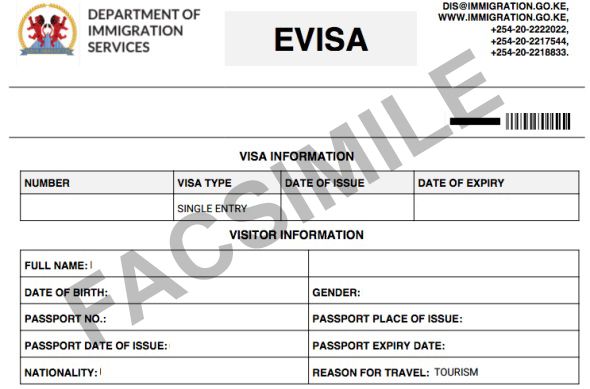
With the start of the new year, Kenya has entered a new era in terms of entry ...
EDUCATION
by redazione

As of this year, although the date is yet to be confirmed, to pay school fees, parents or...

As of this morning, Saturday, July 29, some of the Kenyan sites linked to ecitizen, the ...
NEW RULES
by redazione

Here is the information needed to pay for admission to the parks through August...
ECONOMY
by redazione
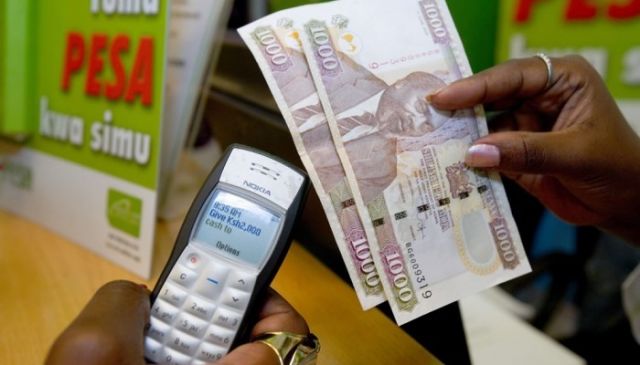
Mpesa and other payment services linked to the use of mobile telephony are up sharply in 2017 compared with the previous year.
According to data provided by the Kenyan Communications Authority, money sent by mobile phones and money to pay...
NEWS
by Freddie del Curatolo
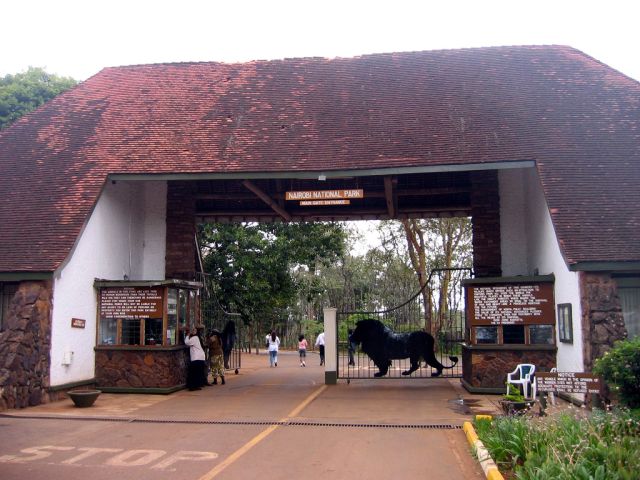
TOURISM
by redazione

Advertising Kenya online is starting to give the expected results, even hoteliers on the coast are
NEWS
by redazione

After the scam of the fake Safaricom operators who robbed Kenyans and also many Italians of...
E-VISA
by redazione

After the inconvenience of the blocking of online visas to enter and stay in Kenya, due as we had announced...

Mpesa is a useful and genial service, invented by the telephone company Safaricom Kenyan to allow anyone to shoot without cash and withdraw or send shillings with a simple touch of your mobile phone.

The digitisation of all land titles in Kenya will begin in June this year.
This was...

After telephone scams against Kenyans and foreigners by fake operators of the Safaricom company, who...

As we announced yesterday, from 1 January 2020, tourists will only be allowed to enter Kenya if ...
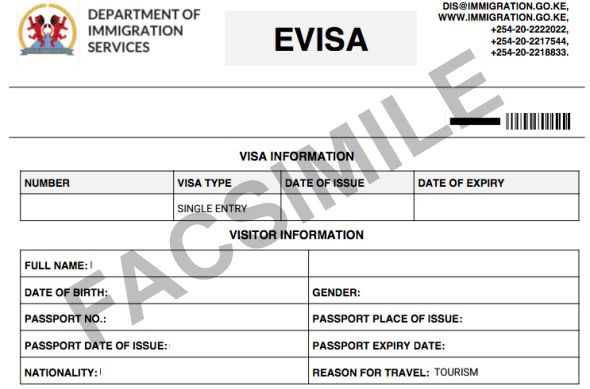
As we announced previously, from 1 January 2020, tourists will only be allowed to enter Kenya if they...
NEWS
by redazione

The process of digitisation of Kenyan bureaucracy, which has already affected various sectors...